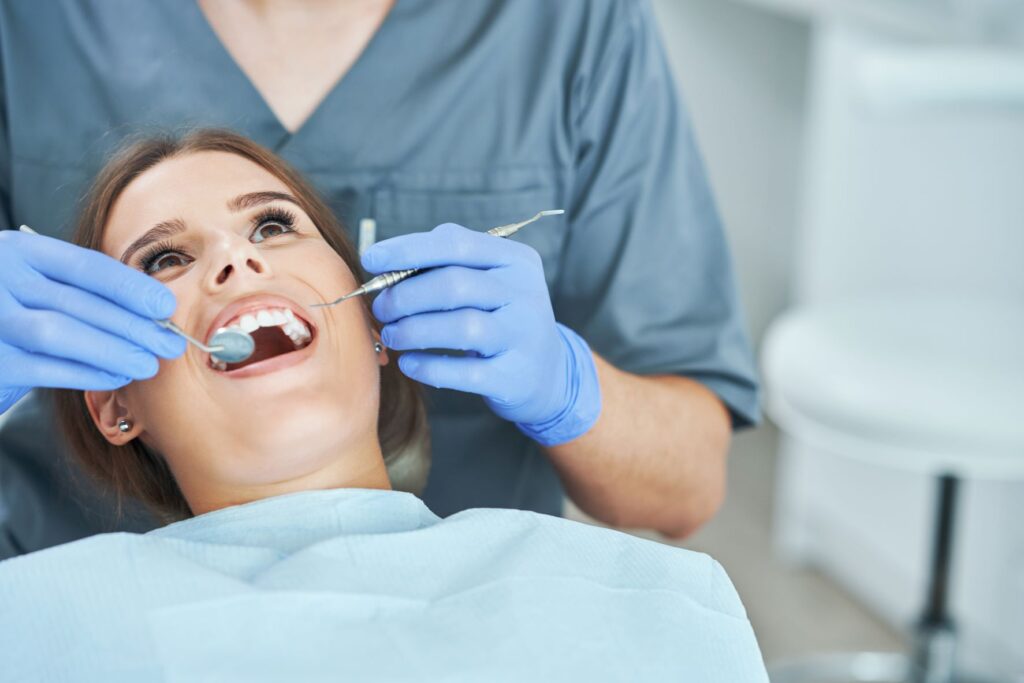Wisdom Teeth Preservation and Alternatives to Extraction
Wisdom teeth, also known as third molars, are the last set of molars located at the back of the mouth. They typically emerge between the ages of 17 and 25. For some individuals, wisdom teeth can cause problems such as pain, crowding, and misalignment. As a result, extraction has been a common practice to prevent potential oral health issues. However, there are alternative approaches to consider for wisdom teeth preservation, which may be suitable for certain individuals.
Monitoring and Observation:
Not all wisdom teeth need to be extracted immediately. In some cases, the dentist may choose a wait-and-see approach. Regular check-ups and X-rays can help monitor the development of the wisdom teeth. If they are erupting correctly, fully functional, and do not pose any threat to adjacent teeth, they can be left in place. However, close monitoring is essential to detect any changes or issues early on.
Tooth Reshaping:
In situations where the wisdom teeth cause slight discomfort or are interfering with adjacent teeth, tooth reshaping can be considered. Dentists can use various techniques to contour the wisdom teeth, reducing their size and eliminating sharp edges that may harm the inside of the cheeks.
Orthodontic Treatment:
In cases where wisdom teeth contribute to crowding or misalignment of the other teeth, orthodontic treatment can be an alternative to extraction. Braces or clear aligners can be used to align the teeth properly, creating enough space for the wisdom teeth to come in without causing significant issues.

Periodontal Management:
Wisdom teeth that partially erupt can create pockets around them, making them susceptible to gum infections and periodontal issues. Proper periodontal management, including regular professional cleanings and maintaining good oral hygiene, can help control the bacterial buildup and reduce the risk of infections.
Topical Treatments:
For individuals experiencing discomfort or inflammation due to erupting wisdom teeth, topical treatments like oral gels or medicated mouthwashes can provide temporary relief by reducing pain and swelling.
Extraction of Selected Wisdom Teeth:
In some cases, only specific wisdom teeth may be problematic, while others are fine. If one or two wisdom teeth are causing issues, it may be possible to remove only the affected ones while preserving the others.
It is important to note that the suitability of these alternatives varies from person to person. Some individuals may experience severe pain or complications, making extraction the most appropriate solution. Consulting with a dentist or oral surgeon is crucial to assess the individual’s unique situation and determine the best course of action and go now. In conclusion, while wisdom tooth extraction has been a common practice, it is not always the only option. Monitoring, reshaping, orthodontic treatment, periodontal management, topical treatments, and selective extraction are potential alternatives to consider for wisdom teeth preservation. Working closely with a dental professional will help ensure the most suitable approach for maintaining optimal oral health and preventing potential complications in the long run.
